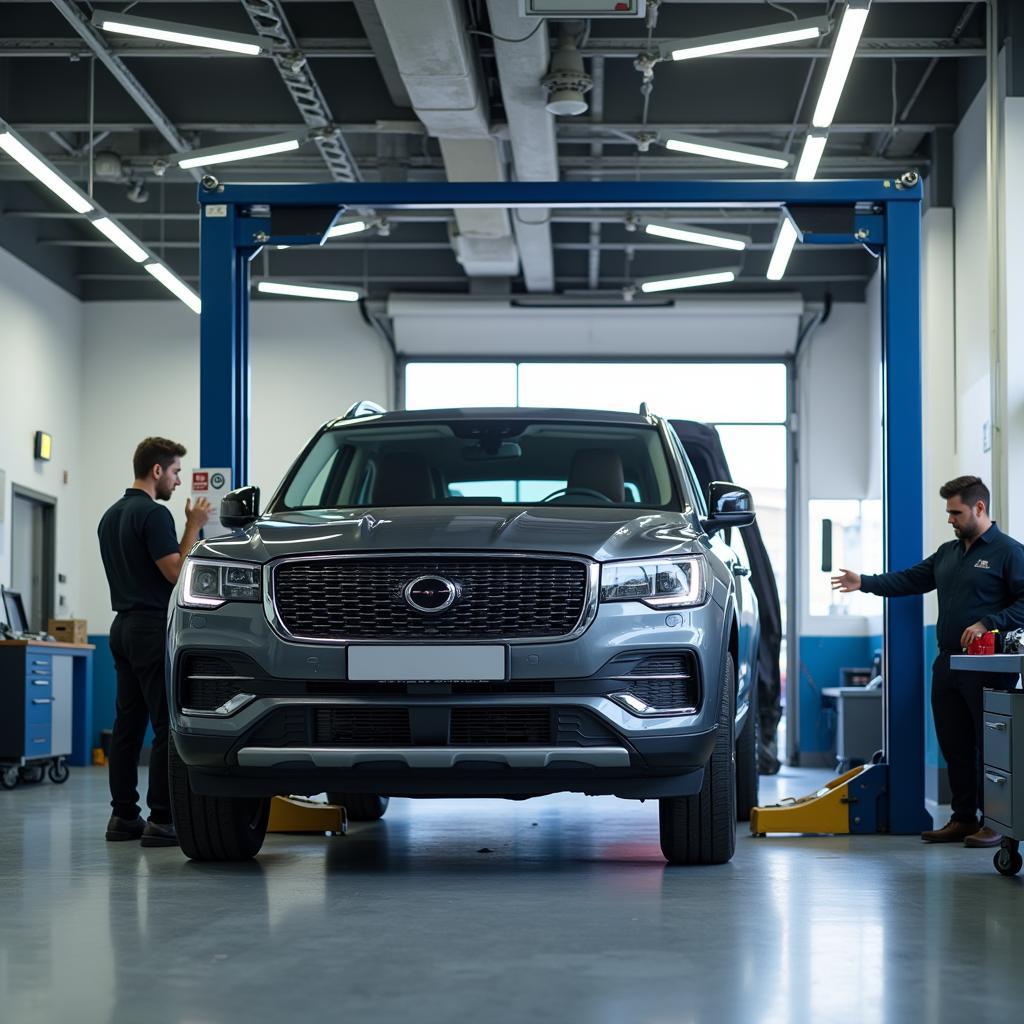When Is My Car Due for a Service?
Knowing when your car needs a service can feel like a guessing game. You don’t want to wait until something breaks down, but you also don’t want to shell out for unnecessary maintenance. So, how can you tell when it’s truly time to bring your car in?
Different Strokes for Different Folks: Service Intervals Explained
There’s no one-size-fits-all answer to when every car needs a service. Your owner’s manual is your best friend here, providing tailored service schedules specific to your make and model. These schedules typically outline two main types of service:
-
Regular Scheduled Maintenance: This covers routine checks and replacements at set mileage or time intervals (e.g., every 5,000 miles or 6 months). It includes tasks like oil changes, filter replacements, and fluid top-ups, keeping your car running smoothly and preventing future problems.
-
Additional Services: These depend on your driving conditions, climate, and vehicle age. For instance, if you often drive in dusty environments, you might need more frequent air filter changes. Similarly, older vehicles might require more frequent inspections and part replacements due to wear and tear.
Decoding the Clues: Common Signs Your Car Needs a Service
While your owner’s manual is your primary guide, your car itself often provides telltale signs that it’s time for a service. Keep an eye (and ear) out for these indicators:
-
Dashboard Warning Lights: These are your car’s way of communicating potential issues. A glowing “check engine” light, for example, could signal anything from a loose gas cap to a more serious engine problem. Don’t ignore these warnings; get your car diagnosed promptly.
-
Unusual Noises: Strange sounds like grinding, squealing, knocking, or clicking are often your car’s cry for help. These noises can indicate problems with your brakes, engine, suspension, or other vital components.
-
Fluid Leaks: Puddles under your car are never a good sign. Check the color and consistency of the fluid to get an idea of the source. For example, a greenish-yellow fluid might indicate a coolant leak.
-
Performance Issues: Is your car struggling to accelerate? Are you experiencing rough idling, decreased fuel efficiency, or difficulty starting? These could all be signs of a deeper mechanical issue that needs addressing.
Prevention is Key: Why Regular Car Services Matter
Staying on top of your car’s service needs isn’t just about avoiding breakdowns; it’s about:
-
Safety: Regular maintenance ensures all critical safety features, like brakes, tires, and lights, are in optimal condition, keeping you and others safe on the road.
-
Longevity: Routine service helps prevent minor issues from escalating into major (and expensive) problems, potentially extending the lifespan of your vehicle.
-
Resale Value: A well-maintained car with a documented service history commands a higher resale value, putting more money back in your pocket when it’s time to sell or trade in.
Don’t Wait for a Breakdown: Schedule Your Car Service Today
When it comes to car maintenance, procrastination can be costly. If you’re unsure about your car’s service needs or suspect a problem, err on the side of caution and schedule an inspection with a trusted mechanic.
Remember, your car is a complex machine with many moving parts working in unison. Regular service is the key to keeping it running smoothly, safely, and reliably for miles to come.

